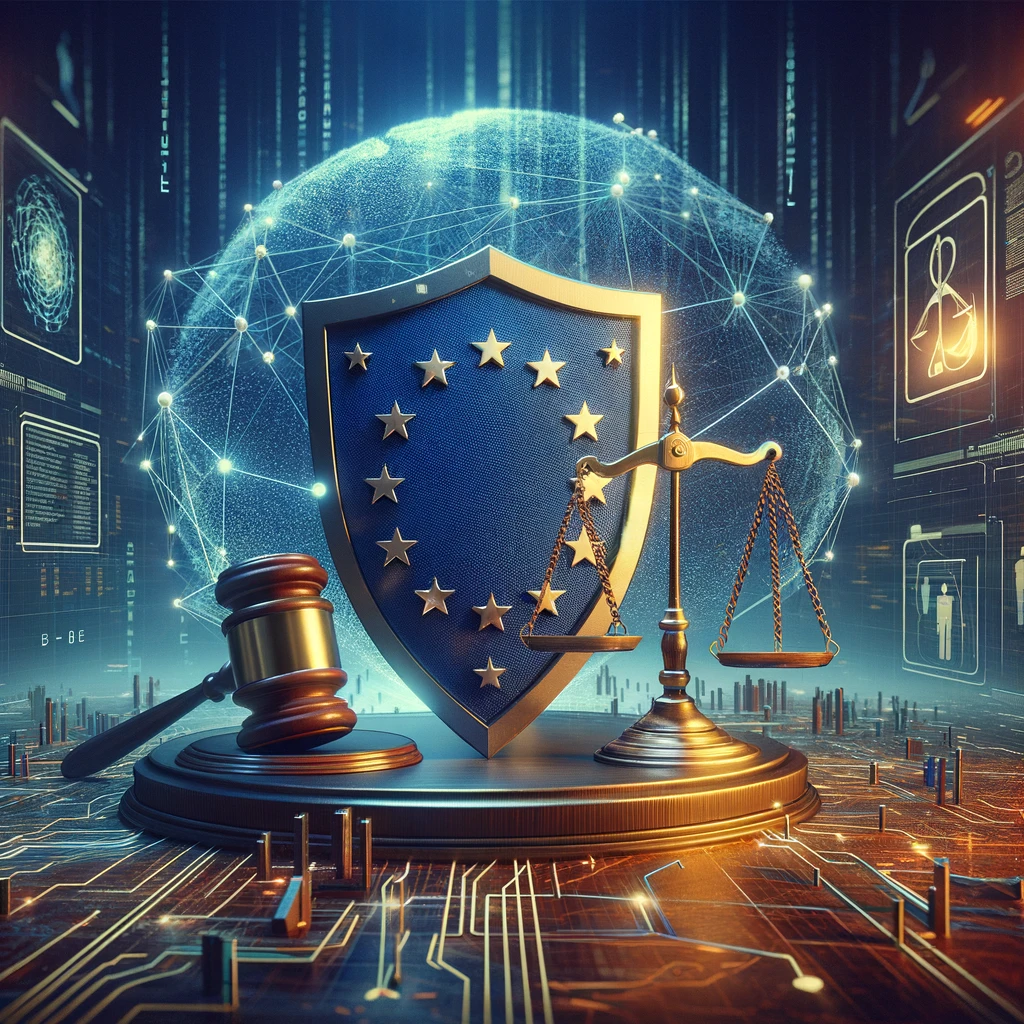In an unprecedented move, the European Union is taking a firm stance against cyber-violence, particularly focusing on the misuse of artificial intelligence to create and distribute pornographic images without consent. A recent bill, backed by the European Council and Parliament, aims to bring sweeping changes to how such acts are prosecuted within the member states. This legislation encompasses a broad array of cyber-violence forms, including the non-consensual sharing of intimate images, cyber-stalking, online harassment, misogynous hate speech, and cyber-flashing.
Comprehensive directive to combat cyber-violence
The European Commission’s proposal to criminalize the non-consensual creation and distribution of intimate images, including those fabricated by AI, marks a critical step towards addressing the burgeoning issue of revenge porn and similar abuses online. The directive’s scope extends beyond this to include stringent measures against cyber-stalking, online harassment, and the unsolicited distribution of nude images, commonly referred to as “cyber-flashing.” This legislative push is in response to the rapid proliferation of cyber-violence and its profound impact on victims across the EU.
Under this proposed directive, EU member states will be required to implement new measures designed to aid users in identifying instances of cyber-violence, prevent such incidents, and seek assistance when necessary. A key component of this initiative is the establishment of an online portal for reporting offenses, enhancing the accessibility of support for victims.
Taylor Swift deepfake controversy spurs action
The urgency of these measures has been underscored by high-profile cases, such as the viral spread of pornographic deepfake images featuring celebrities like Taylor Swift. These incidents have highlighted the ease with which AI can be misused to create highly realistic and damaging content, emphasizing the need for regulatory intervention.
The proposed rules signal a significant shift in the legal landscape, aiming to standardize the treatment of cyber-violence across the EU. This directive is poised to fill the legislative void in member states that have yet to criminalize these acts, offering a unified framework for prosecution and victim support. The bill’s adoption is pending approval from the representatives of EU member states, with a timeline set for enforcement by 2027. This timeline provides states with a window to align their domestic laws with the directive’s requirements, ensuring a cohesive approach to combating cyber-violence within the EU.
The initiative has been met with broad support, reflecting a growing consensus on the need to address the digital domain’s unique challenges. European Commission Vice President Věra Jourová highlighted the gravity of the situation, pointing out the severe harm caused by AI-generated images, which can tarnish reputations and inflict emotional distress. The directive is seen as a crucial step in protecting individuals’ dignity and privacy in the digital age.





